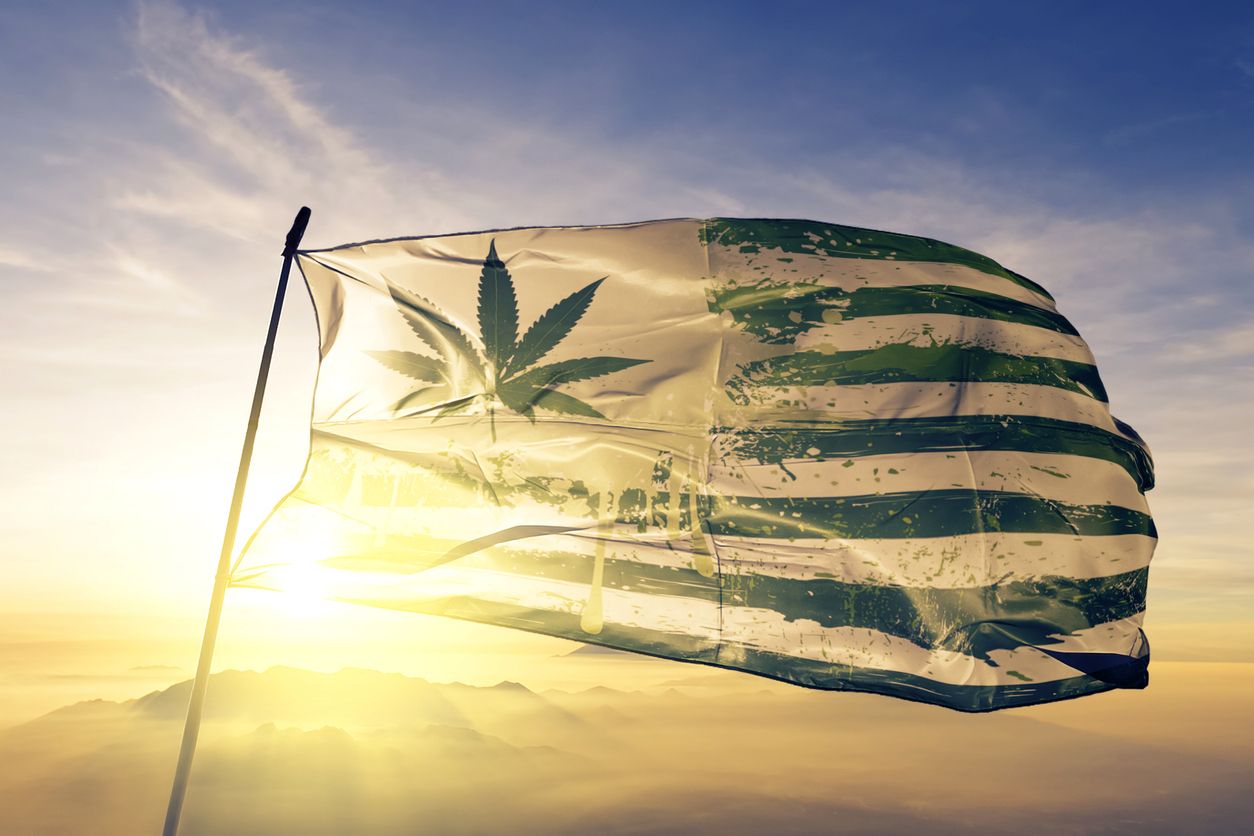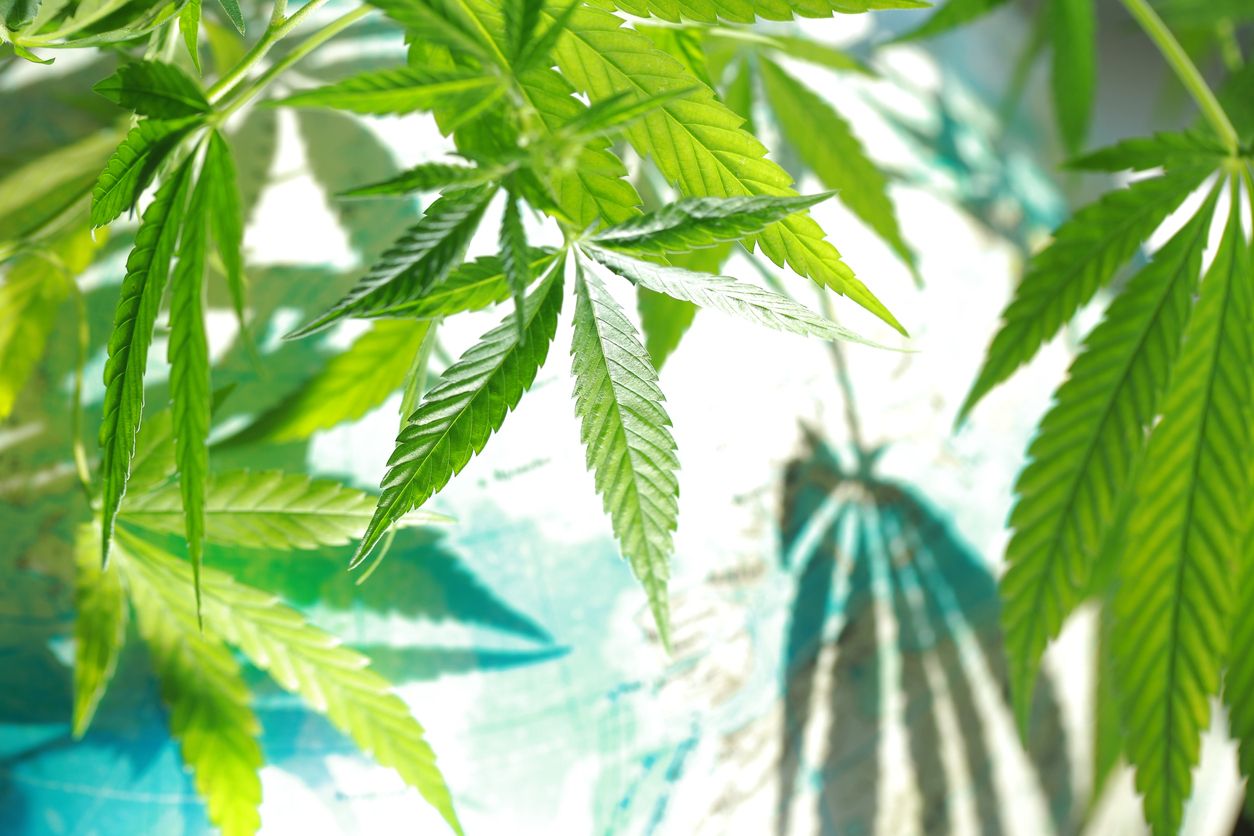The bustling black market for weed on First Nations reserves in Canada

For decades the federal government in Canada has been clamping down on black market tobacco products being sold from First Nations reserves to non-residents. An act that is against the law, fineable, and even punishable with prison time. The numbers on untaxed cigarettes were recently made public, and it seems that every single native on reserve would have to smoke 10 cartons per month, which indicates that the problem is even worse than they had initially feared.
Measures were eventually put into place to discourage people from travelling into reserves for cheap tax-free smokes, which included surveillance and fining them up to $2,000.00 per carton. Now, to someone who doesn’t shop at the reserve for cigarettes, might sounds like far too much of a risk, but if you add up the saving per year and the number of times that same customer might get pulled over, they are still saving thousands of dollars, even if they do get fined once or twice.
As the masses refused to back down, local law enforcement seemed to lose interest in the matter, turning a blind eye, so to speak, in order to focus on more pressing issues. Now that black market cannabis dispensaries are popping up everywhere, many are starting to wonder why there has been virtually no political interference in this to date, and it turns out there is a good reason as to why, but first, we would like to take a few moments to clarify a few things.
Has there always been an active black market for cannabis on reserves?
The answer to his question might depend on who you ask, as many long-time customers know that there are plenty of smoke shop owners who have been selling some green as a side for contraband cigarettes for years, but they have never done so openly until now.
When did they start?
It’s difficult to pinpoint when this crazy burst of brand-new business emerges on the scene, but it seems that the majority felt comfortable as soon as plans for legalization were officially announced in 2016 to come into effect for 2017. It was then that it became commonplace to pass by a flashy pot leaf sign casually displayed in windows and on lawns, and the trend has spread like wildfire ever since.
Is the government doing anything to stop them?
So far, the federal government has weighed a heavy fist against black-market weed dispensaries located off reserves, and in particular, those in the biggest cities like Toronto. Some regions began to impose a landlord fine, allowing the municipality to impose large fines on landlords who continued to rent to illegal dispensaries.
Doors have been barricaded with cement bricks, and dispensary owners have been threatened with lifetime bans from ever running a legal facility which ultimately killed storefront locations, but to date, there hasn’t been much done towards tackling the increasing number of black market dispensaries on the reserve.
Why isn’t the federal government taking action?
The problem that the federal government is facing right now is similar to those that they face with contraband cigarettes, as Native councils are pushing for the ability to produce and sell cannabis among themselves, just like they do with tobacco. Though it is unclear how officials plan to proceed at this time, they have quite the case in front of them that isn’t so easily solved when the number of customers far outweigh the amount of enforcement at their disposal. The federal government has very little said over what happens on reserves, and it’s looking like they are already losing this battle, but is that really a bad thing?
How the public feels about black market dispensaries on reserves
Cannabis remains a taboo subject for many, and just like opinions on legal pot, those on black market dispensaries vary right across the board. Consumers are incredibly happy to have such a vast selection and variety given the current circumstance with the legal market, which offers highly inflated prices, crazy taxes, and limited options for mediocre weed.
However, not everyone even knows that they exist, as advertising off reserve through signs, radio, or television is strictly prohibited, and many that do, are unaffected by their presence with a very select few who still oppose to legalization altogether, falling on the side of disagreeing with black market dispensaries being afforded the opportunity to flourish.
How residents feel about the change
Most residents are also pleased with the introduction of a brand-new viable business, as the boost to the local economy and well being of those involved is impossible to deny. Many of whom were living in poverty or barely making ends meet and are now successfully living happily without having to travel off the reserve in order to flourish.
Then there is the flip side of the coin, while very few seem angered by the presence of black-market cannabis, some are definitely concerned for their community and youth. This is something that becomes obvious with the raising of “say no to drugs” signs being not so discreetly placed between some of the busiest locations in an attempt to quietly but obviously voice displeasure with their arrival.
Most of them, just like those who reside near legal dispensaries and do not like them, find being too close to what was just recently an illicit substance uncomfortable. Some even go so far as to say that it’s terrifying, with already skyrocketing rates of drug abuse, the fear that the introduction of cannabis might just deepen the addiction issue that plagues so many of these communities is real, but still, unproven.
Is this something that Canadians should worry about?
Black market dispensaries have existed for years now, and many of the most repeated fears about things like addiction, crime rates, and youth consumption do not hold up when compared to the facts that we now know, based on both legal and illegal facilities entering communities all across the country resulting in absolutely no change to any of the statistics mentioned above.
While it’s never a great idea to open up a business without the proper licensing, the only people that need to be worried are those who are making purchases there, because, without oversight and regulation, there is no guarantee as to the quality and cleanliness of marijuana products that are sold in these illicit stores. The average person has absolutely nothing to worry about, and some even feel that the movement should be encouraged to force an opening of the market to those who built it, the underground pre-legalization growers, processors, and dealers.


